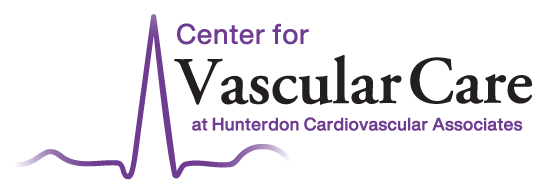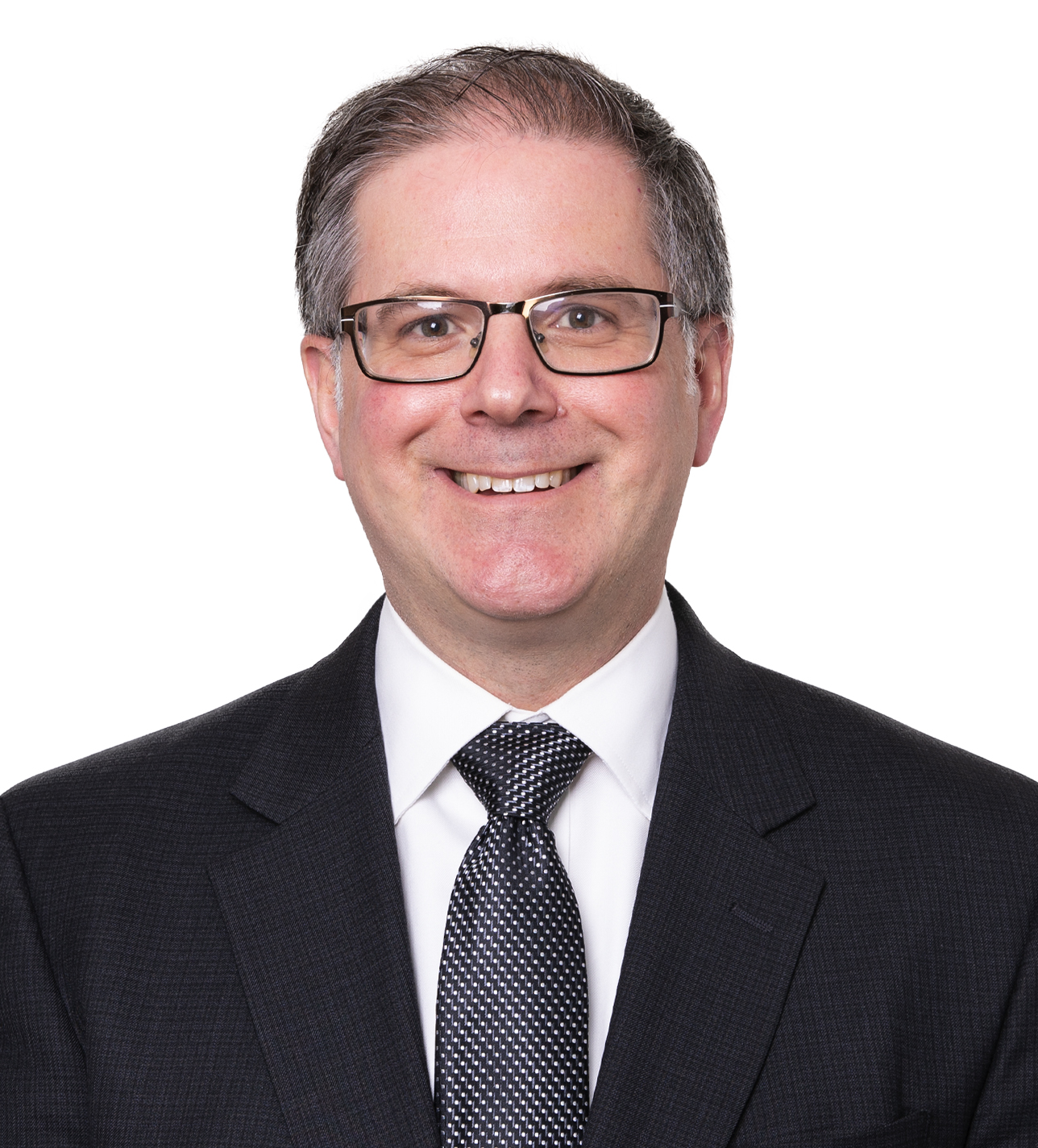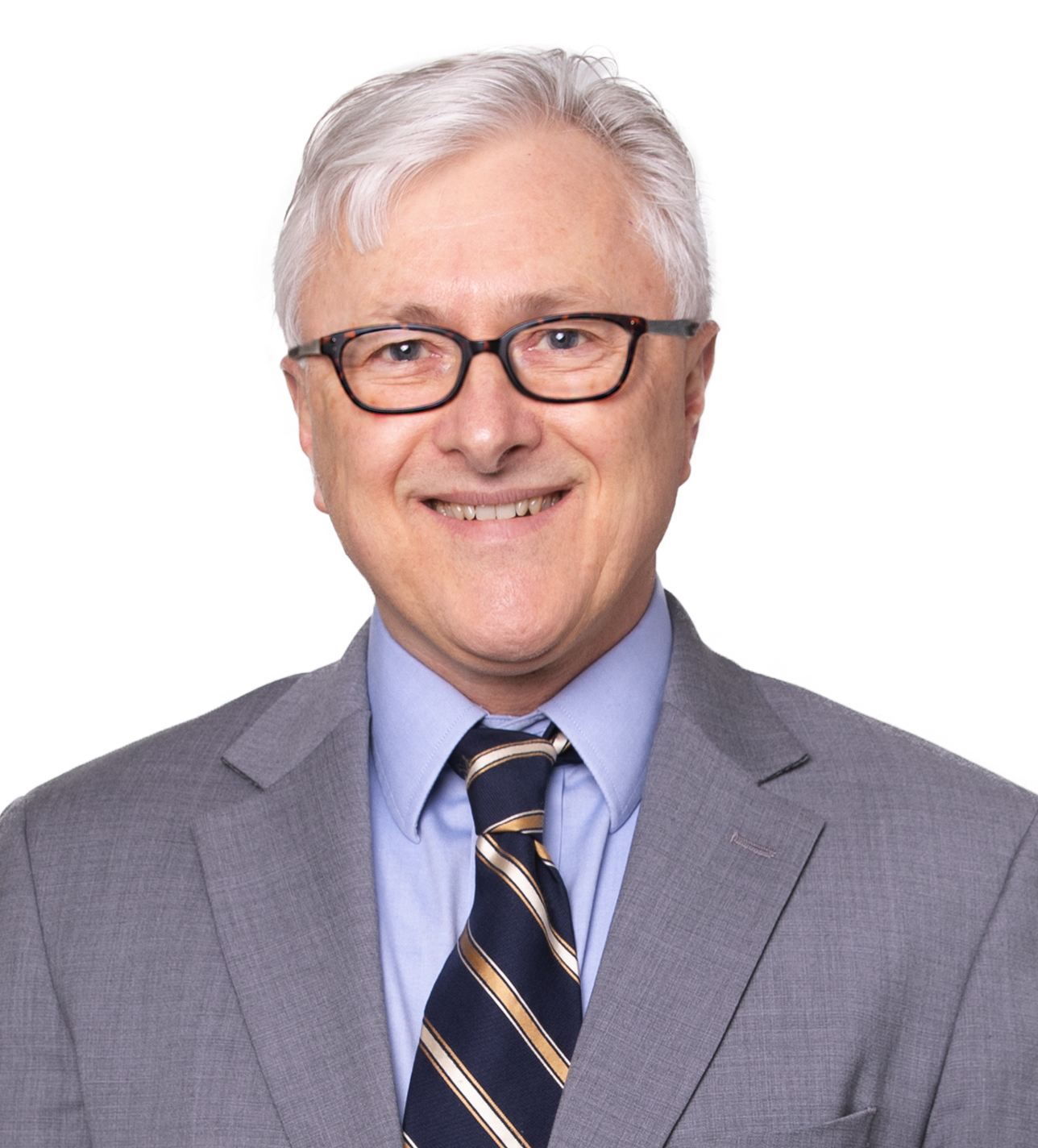The Center for Vascular Care at HCA
Hunterdon Cardiovascular Associates has established The Center for Vascular Care to ensure patients receive the highest quality care for their vascular needs. This center focuses on patients with cardiac risk factors and those concerned about peripheral artery disease (PAD).
Benefits of this program include:
- Ease of access to a vascular expert
- Close communication with referring physician
- Team approach to non-invasive workup and treatment, minimally invasive management and surgical approaches all within the same practice
- Cardiology team to help manage cardiovascular risks before and after treatment
Contact us today at 908-806-0190 or by filling out the contact form.






